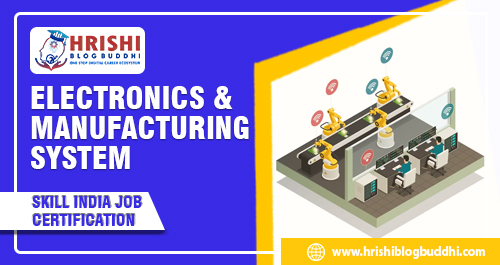Components and circuits get smaller and smaller as technology advances. As a result of this shrinking, electronics manufacturing has become a more complex process, requiring increased component density, numerous layers, smaller pitches, fragile parts, and accurate placements, among other things.
Manufacturers are resorting to more inventive and sophisticated technical solutions to expedite their manufacturing processes as demand for fresh features and goods has increased in recent years. For example, smart technology is being used across the industrial spectrum, offering up numerous lucrative opportunities for electronics producers. Constant advances in the Internet of Things, dubbed a “technology renaissance,” have changed manufacturing processes and increased productivity.
The integration of automation or robots in the manufacturing environment is a prominent feature of this renaissance. According to some estimates, over 1.8 million robots were working in manufacturing roles by the end of 2016, with advanced robots accounting for 35 to 45 percent of production by 2030.
Because of their ability to accomplish jobs with more precision, sophisticated robots are gaining a lot of popularity in the electronics industry. Surface-mount technology (SMT) in EMS, for example, allows for seamless assembly of components by using automated machines to place them on the surface of boards.
ASM, a global leader in SMT production, has established an Integrated Smart SMT Factory to serve a global client and industry network in this regard. The company’s electronics manufacturing services include powerful, integrated software and hardware platforms. They’re made to help with virtual production, process optimization, material management, factory monitoring, factory integration, and other applications that require more flexibility, productivity, and quality.
Another transformational breakthrough in electronics manufacturing services is artificial intelligence (AI), which is radically changing the way machines function and communicate. By significantly cutting costs, offering unique features, and generating profitable revenue streams, AI has aided in the streamlining and automation of electronics manufacture.
Continental, for example, has integrated an AI-based simulation tool into its manufacturing process. It’s shown to be extremely effective in speeding up and advancing the testing of advanced driver assistance systems (ADAS) and other electronic systems in automotive applications, with the programme capable of producing over 5,000 miles of vehicle test data per hour.








